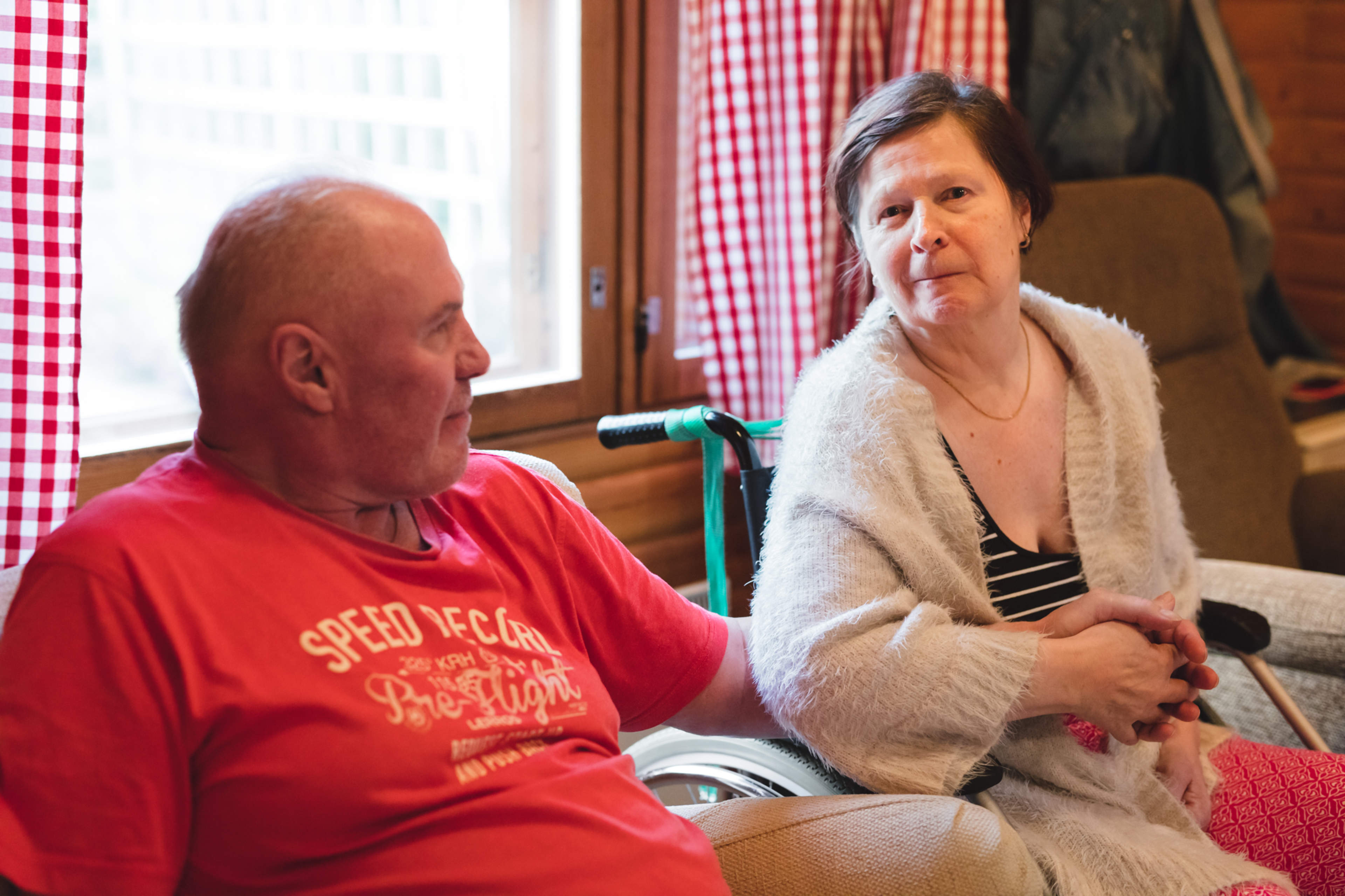Accepting death and the finite nature of life is a long, demanding process. Happy experiences and memories help adjust to the end-of-life stage and to the approaching death.
Psychological wellbeing
One of the main goals of palliative care is to guarantee that the person with an illness and their loved ones are as comfortable and content as possible, despite the suffering brought on by the illness.

Psychological development does not just take place in childhood or youth but continues throughout life. The end of life is often the most significant time for psychological changes experienced in adult life. It involves re-evaluating our values and the things that are important to us in life. Being in the role of a loved one also teaches us new things about life and helps us grow as people.
At the end of life, most people are able to accept death and live in peace with the fact that death is approaching. However, in the early stages of a serious illness, hardly any of us can accept the illness, and certainly not death, as something that could happen to us. Death is like a bright light that we can only look into for a little while, before we have to squint or look away.
When we have an illness, we direct the people close to us or the professionals involved in our care to give us the help we need. When we are able to recognise our wants and needs, it’s important to voice them so that we can get the help we require.
The meaning in life is often found in our daily life and in ordinary things. Hospice care should take place in an environment that feels as much like home as possible, with objects or photographs important to us, and the opportunity to listen to music or to watch television and spend time with loved ones.
Updated 10.4.2025

